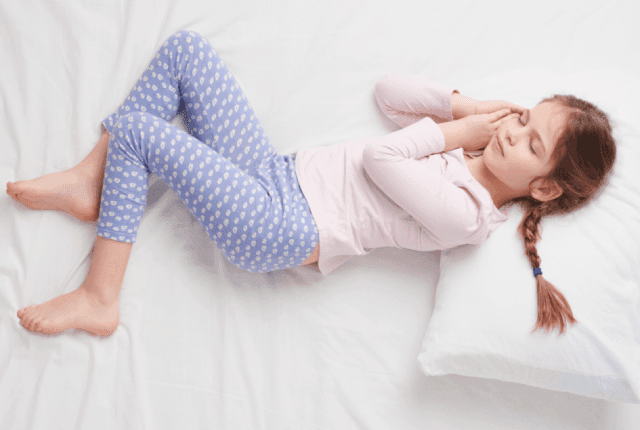Bedwetting Alarms
How frequently do you awaken during the night to utilize the bathroom? 2 times a night? 3 times a night? More than that? It may not seem like a substantial deal, however getting up two or more times a night to empty your bladder is not normal, and is a condition that can and ought to be treated. It can be a substantial trouble to those who have it and is likely affecting your health in ways you might not even recognize.
Nocturia, defined as going to the restroom 2 or more times in the evening, takes place to about 1 in 3 people over the age of 30, and ends up being more typical as we age. Patients with serious nocturia may get up 5 or 6 times during the night to go the bathroom. And while all these journeys to the restroom may feel more bothersome than anything, they are having a huge result on your sleep patterns and put you at risk for a variety of other concerns.
THE IMPACT OF NOCTURIA ON YOUR SLEEP
Sleep plays a big role in our physical and mental functioning. Less sleep in the evening and lower sleep effectiveness have both been associated with things like an increased risk of bad physical function, of weight problems, diabetes, and heart disease, along with a decreased physical function and decreased cognitive function. Not only that, however lifestyle is significantly affected: A United States study of 1214 females showed that nocturia had a substantial influence on quality of life in clients who made a minimum of 2 journeys to the bathroom during the night.
It makes sense-- the less sleep we get, the more tired we are the next day, affecting our abilities to do our day-to-day jobs and be our finest selves. Even work is impacted-- lower work efficiency and increased authorized leave have actually been reported in patients with nocturia. Getting up typically in the night also increases the possibility of falls amongst older grownups with nocturia. Research studies have actually revealed that patients who make a minimum of 2 or more trips to the restroom in the evening have a greater than 2-fold boost in the risk of fractures and fall-related fractures.
THE IMPACT OF NOCTURIA ON YOUR PARTNER
And if you're the one with nocturia, its not just you that is impacted. Your partners are waking up with you. In one study 46% of women were getting up at night due to their partners nighttime restroom gos to. Another study that took a look at males with nocturia and their partners showed that sleep disruption was ranked as the most troublesome problem, with 62% of partners reporting fatigue, and 36% reporting feeling disappointed, unhappy, or dreadful. Your nocturia is not only costing you a good night's sleep-- it's preventing your partner from getting one as well.
If you have nocturia, don't let it go neglected. There are great deals of behavioral options you can try to repair the problem and if those don't work, your physician can prescribe a medication. New medications are now offered to deal with nighttime polyuria particularly. Nighttime polyuria is a condition where the kidneys produce too much urine, and is the most typical cause of nocturia.
Read more about Waterproof Mattress Pads and How to Stop Bedwetting
"What's exciting is that doctors are finding out more about nocturia and now have more treatment choices offered for their clients," states Eric Rovner, MD, a Professor in the Department of Urology at the Medical University of South Carolina in Charleston, and the director of the Area of Voiding Dysfunction, Female Urology and Urodynamics in the Department of Urology at MUSC.
If you cope with nocturia, speak with your doctor today about things you can try to stop those middle of the night restroom trips, and return to a full nights sleep.
Click here to know more about Bed Wetting Boys
Need aid discovering a physician in your area? Use our Discover A Medical Professional Tool!

Post a Comment